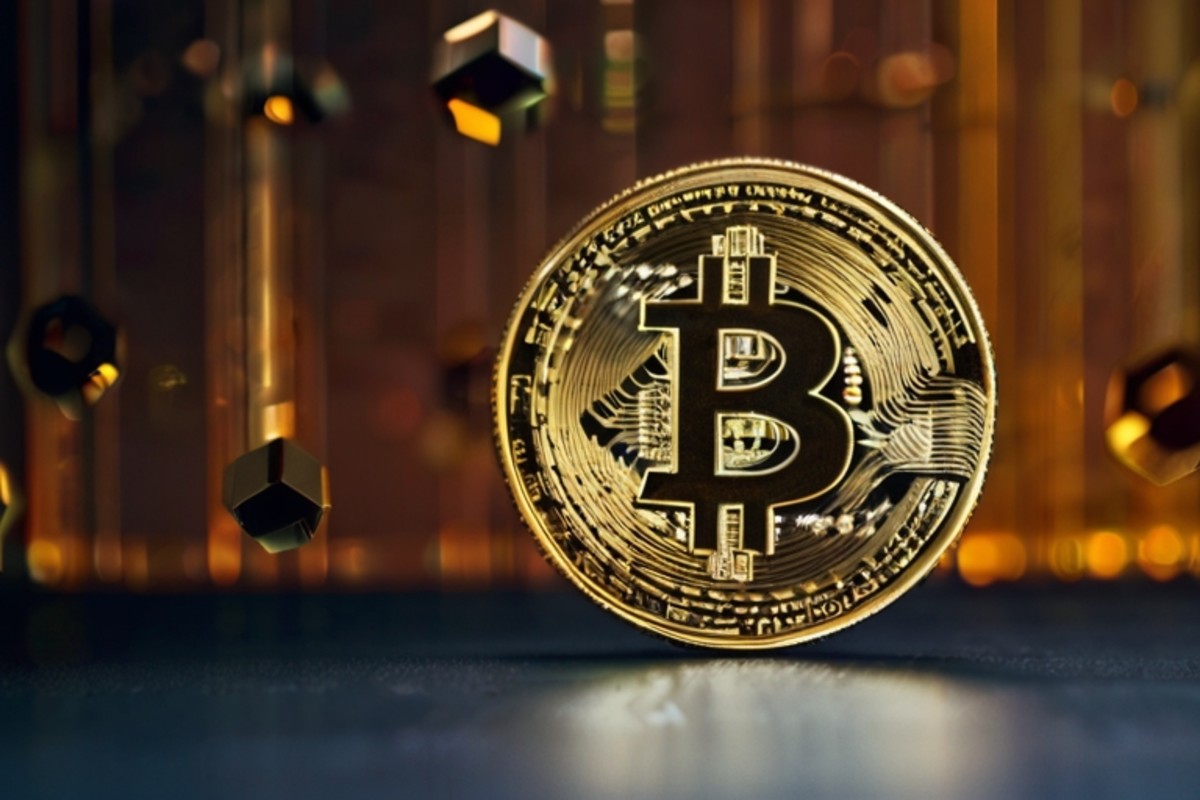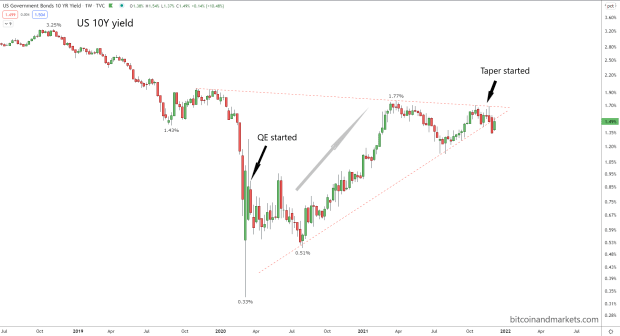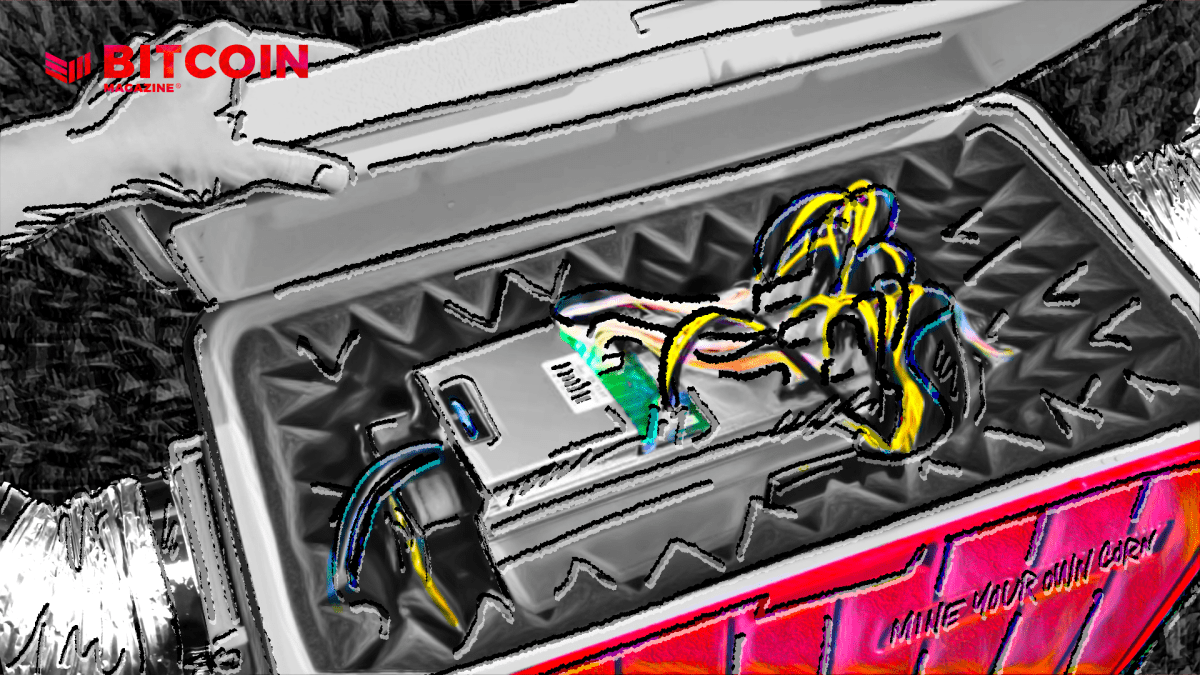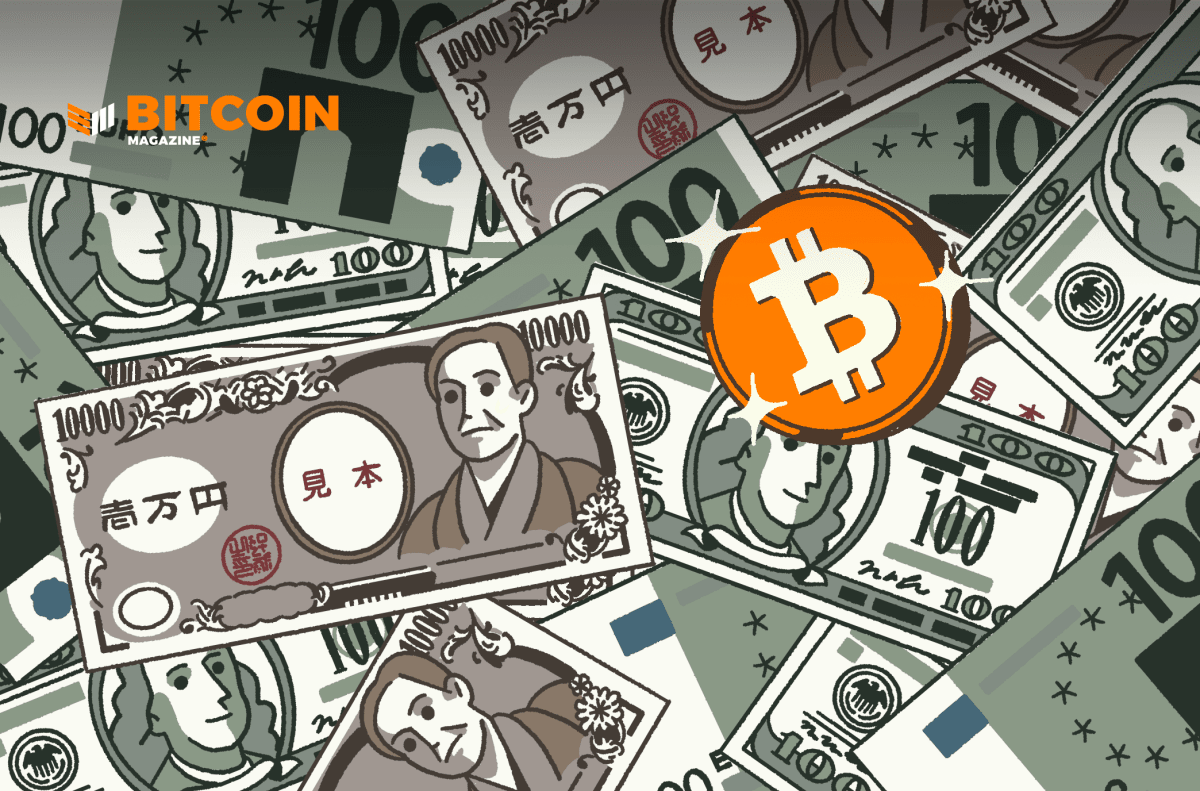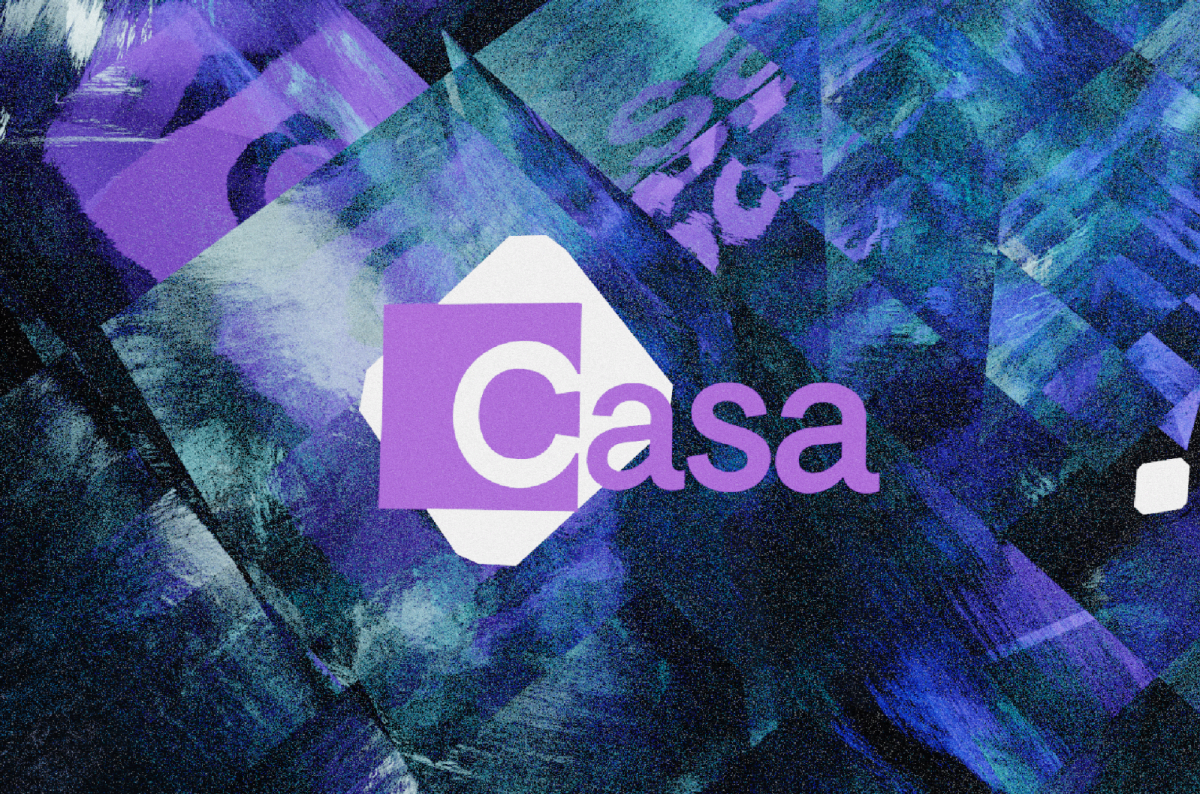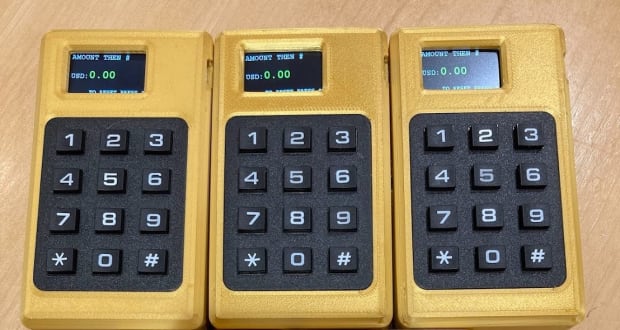What Are Bitcoin Exchanges?
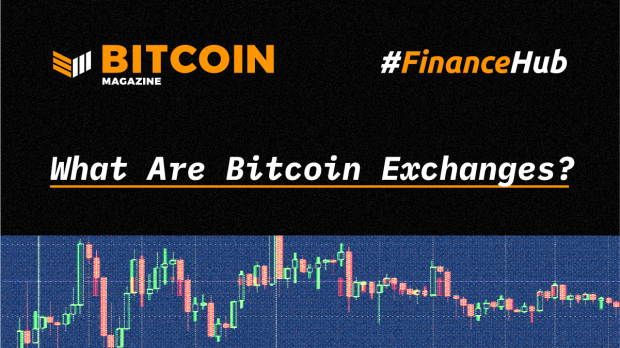
Thanks to their user-friendliness and availability, Bitcoin exchanges are the most popular method to acquire BTC.
Buying BTC on an exchange is a relatively simple and user-friendly way to acquire bitcoin in any amount and the process follows these basic steps:
- Create an account on the exchange.
- Verify your identity, typically through linking your bank account, uploading identification or linking a credit card. (This often takes at least a day to complete.)
- Once you’re approved, simply make your purchase and the bitcoin is transferred to your account once the transaction is complete.
Most exchanges these days offer ways to set up recurring purchases. This makes it easy to set up daily, weekly or yearly purchases in manageable denominations and is a relatively painless way to grow your bitcoin holdings.
These exchanges, however, are vulnerable to hacks and other security issues. Any BTC you leave on the platform is technically not yours until you withdraw it to a wallet you control. If the exchange gets hacked or funds are lost due to mismanagement, you’ve potentially lost your bitcoin.
So, many users deposit their funds via bank transfer into the exchange, buy bitcoin and then withdraw it to a wallet that is safe and allows them to hold their own private keys.
You are also almost always required to submit personal information and documentation as proof that you are who you say you are, as bitcoin exchanges are subject to KYC and AML regulations.
Decentralized and P2P Exchanges
Decentralized, or peer-to-peer, exchanges are different from regular exchanges as they allow you to control your funds throughout the entire experience, they do not require identification to buy bitcoin, and you can transact with different methods such as cash.
Think of these exchanges as a giant swap meet where regular people can exchange their bitcoin for fiat in a person-to-person exchange. These markets allow the sellers to set their own price and decide which types of payments they will accept. These exchanges act as more of a matchmaking service than a typical exchange like the ones above.
- LocalBitcoins is perhaps the best-known peer-to-peer BTC marketplace. It facilitates over-the-counter trading of local currency for bitcoin. Users post “ads” on the site where they set the exchange rate and their stock. Users can then connect with these sellers to make the purchase.
- Mycelium wallet’s P2P Marketplace also lets you meet in person to buy bitcoin.
- Paxful’s platform offers users the ability to trade in a peer-to-peer fashion online.
- Hodl Hodl is another decentralized exchange where you can buy BTC. It imposes fewer restrictions on buyers and sellers globally compared to LocalBitcoins. You can buy bitcoin from one of the sellers on these platforms either online or in person. There is a premium on the price you pay, as every seller adds their own markup on the price of bitcoin. But, generally, it is a good way to acquire bitcoin if you are conscious about privacy.
- Bisq (formerly known as Bitsquare) is another noteworthy decentralized exchange. It allows users to control their own funds and buy BTC through a peer-to-peer network. Founded in 2014, the company is committed to Bitcoin and open-source software. You will have to download the desktop software to access the Bisq marketplace. After configuring your payment method, you will have to browse the order book to find existing offers. Then you can buy bitcoin as you normally would on a regular exchange.

